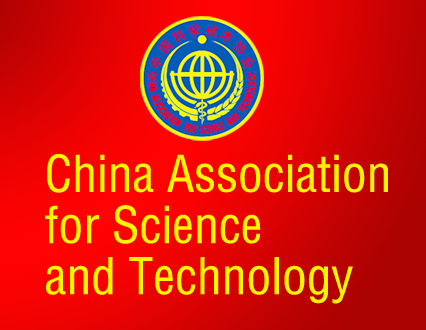 No country is immune to misconduct — but some are being more proactive than others.
No country is immune to misconduct — but some are being more proactive than others.
China, for one, has issued a policy dubbed the “5 don’ts of academic publishing,” which appear to specifically target the ways in which researchers have subverted the peer-review process or hired outsiders to help them with their manuscripts.
An announcement signed by the The Chinese Association for Science and Technology (CAST), Ministry of Education, Ministry of Science and Technology, Health and Family Planning Commission, Chinese Academy of Sciences, Academy of Engineering, and the Natural Science Foundation stipulates:
1. Don’t let a third party write your paper. All researchers should write their own academic papers and resist having third parties write papers on their behalf for publication.
2. Don’t let a third party submit your paper. All researchers should submit their own papers for publication. This means that researchers must understand the submission and review process, submit their completed papers in person, communicate personally with the editors of the journals, and resist the services of third parties submitting papers for them.
3. Don’t let a third party edit the contents of your paper. Any third party commissioned by the author to polish the linguistic aspect of a paper should only improve the language expression of such paper based on the original text written by the author, with no content added or revised by unrepresented people.
4. Don’t provide false peer review information. For the purposes of a proper peer review process, the true names and contact information of the reviewers of the paper should be provided. All researchers must provide reliable information and resist deceitful behavior during the peer review process.
5. Don’t violate the regulations in academic paper submissions. Any paper submitted should first be reviewed and signed by all authors to signify agreement to publish the paper. If an author disagrees with the paper’s content, it should not be submitted, otherwise all authors shall be responsible for its content. Each author must have a substantial contribution to the paper. If a person did not contribute a substantial amount, they should not sign as an author.
And what happens if you don’t follow the rules? The release notes the agencies plan to:
…urge the relevant bodies to establish habits of academic behavior, including a network of record systems and information-sharing mechanisms to blacklist dishonorable and illegal conduct and safeguard the rights and the interests of all researchers within the Chinese academic community.
Here’s a link to the entire release, dated late 2015 (and translated into English for Retraction Watch by One Hour Translation). The announcement may have been part of CAST’s larger effort to investigate and squash fake peer reviews, covered in November 2015 by Science.
This isn’t the first organization to issue statements about the problem of fake peer reviews, which we’ve been covering since 2014 — the Committee on Publication Ethics (COPE) has also warned the academic community about this growing problem.
We’ll continue to track retractions stemming from fake reviews — which now exceed 320 — and note if any forthcoming notices stem from papers submitted by authors in China after this release was issued.
Like Retraction Watch? Consider making a tax-deductible contribution to support our growth. You can also follow us on Twitter, like us on Facebook, add us to your RSS reader, sign up on our homepage for an email every time there’s a new post, or subscribe to our daily digest. Click here to review our Comments Policy. For a sneak peek at what we’re working on, click here.
It is good advice.
Well, hats off before the Chinese government! They had a pretty bad reputation but it seems the party have finally decided for substantial improvements on ethical matters.
I only hope it sticks, which it only will if prosecution is willing to undertake investigations into even well-connected and well-funded researchers. After so many drives to improve standards in worker safety, I’m not exactly holding my breath for better standards of academic conduct. But at least addressing the issue is something.